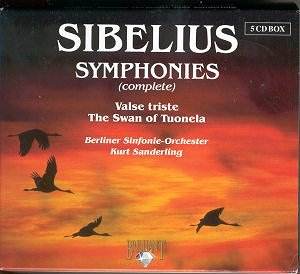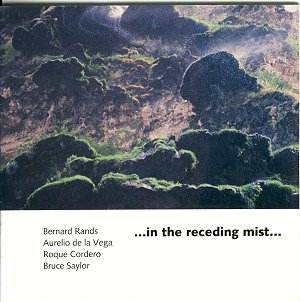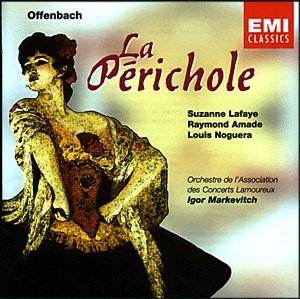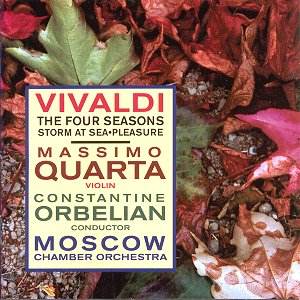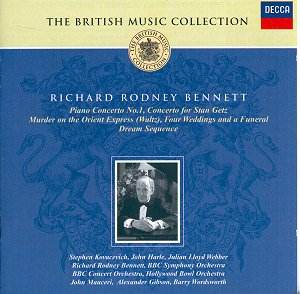 Composer: Richard Rodney Bennett
Composer: Richard Rodney Bennett
Works: Piano Concerto (1968), Concerto for Stan Getz (1990), Waltz from Murder on the Orient Express (1974), Four Weddings and a Funeral (1994), Dream Sequence (1992)
Performers: Stephen Kovacevich (piano), John Harle (saxophone), Julian Lloyd Webber (cello), Richard Rodney Bennett (piano)
Recording: Wembley Town Hall, January 1971; BBC Hippodrome, Golders Green, London, March 1993; Sony Studios, Culver City, USA, January 1993; Hollywood, August 1995; Henry Wood Hall, London, October 1993
Label: DECCA
Richard Rodney Bennett, whose career has spanned nearly seven decades, has consistently demonstrated an impressive versatility, navigating the boundaries between serious concert music and lighter genres, including film scores. This new release from DECCA, featuring key works from the 1960s to the 1990s, encapsulates Bennett’s ability to blend lyrical beauty with structural innovation. The Piano Concerto of 1968 stands out as a significant early work, showcasing his functional approach to serialism, which diverges from the more austere methods of his contemporaries like Maxwell Davies and Birtwistle. Bennett’s music, while influenced by the serialist movement, remains refreshingly accessible, and this recording serves as an excellent reminder of his melodic prowess.
The performance of the Piano Concerto under Stephen Kovacevich is particularly noteworthy. Kovacevich’s interpretation reveals a nuanced understanding of the score, balancing the delicacy of the first movement with the vivacious energy of the faster sections. His touch is both refined and assertive, allowing the orchestra, conducted by Alexander Gibson, to shine in the intricate interplay between piano and ensemble. The orchestration is masterfully handled, with Bennett’s use of woodwinds and brass adding a layer of color that enhances the work’s rhythmic vitality. The lively dance-like passages are executed with a tightness that speaks to both the conductor’s and pianist’s adeptness at navigating the score’s demands.
The Concerto for Stan Getz, a charming homage to the jazz saxophonist, presents a different set of challenges. John Harle’s performance captures the essence of jazz without descending into pastiche, maintaining a conversational interplay with the orchestra. The work’s structure allows for improvisatory freedom, and Harle’s phrasing is both lyrical and expressive, deftly sidestepping clichés often found in classical-jazz hybrids. This piece, alongside the iconic Waltz from Murder on the Orient Express, demonstrates Bennett’s skill in marrying classical forms with popular idioms, creating music that resonates with both concertgoers and cinema audiences alike.
Sound quality across the recordings is commendable, particularly the clarity of orchestral textures in the BBC Hippodrome performance. The engineering captures the warmth of the orchestral palette and the subtleties of the soloists’ contributions. However, one notes a slight inconsistency in the recording quality of earlier sessions, reflective of the era’s technological limitations. Despite this, the overall balance between soloists and the orchestra is well-managed, allowing Bennett’s intricate orchestrations to emerge without muddiness.
Several omissions are regrettable; the absence of works such as Spells or Aubade, which offer further insight into Bennett’s compositional range, leaves a gap in this retrospective collection. While the lighter pieces, including excerpts from Four Weddings and a Funeral and Dream Sequence, provide a delightful contrast, their presence does not fully compensate for the lack of substantial orchestral works that could have enriched the program.
This release serves as both an introduction to and a celebration of Richard Rodney Bennett’s multifaceted contributions to contemporary classical music. It encapsulates a career marked by a unique blending of styles and influences, rendered with technical skill and emotional depth. The performances, particularly those by Kovacevich and Harle, bring alive Bennett’s distinctive voice, making this collection a valuable addition to the repertoire.
